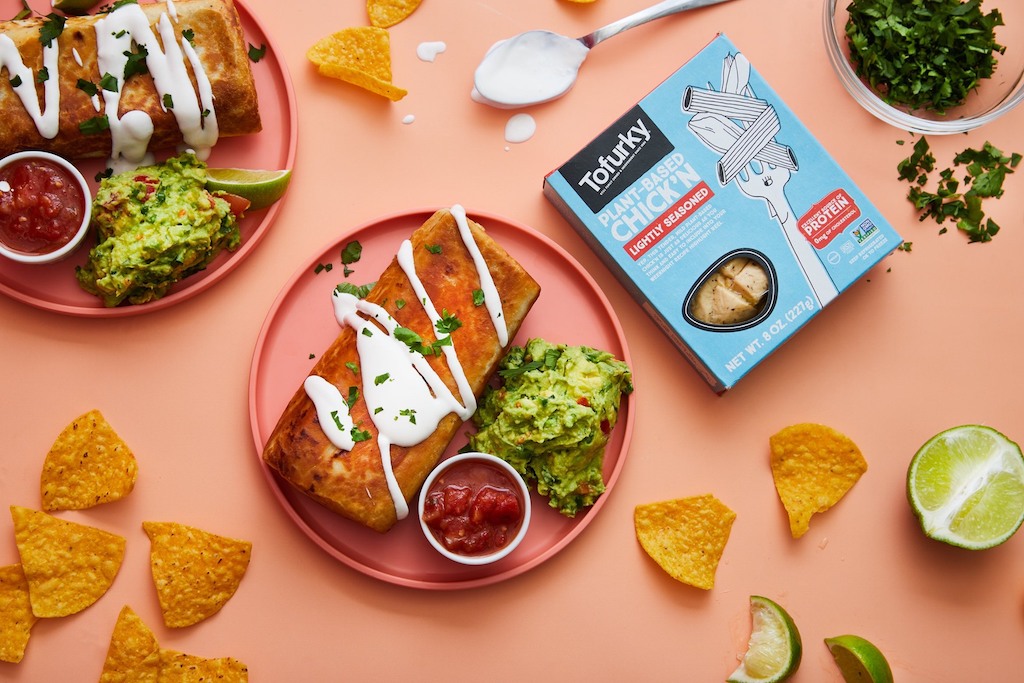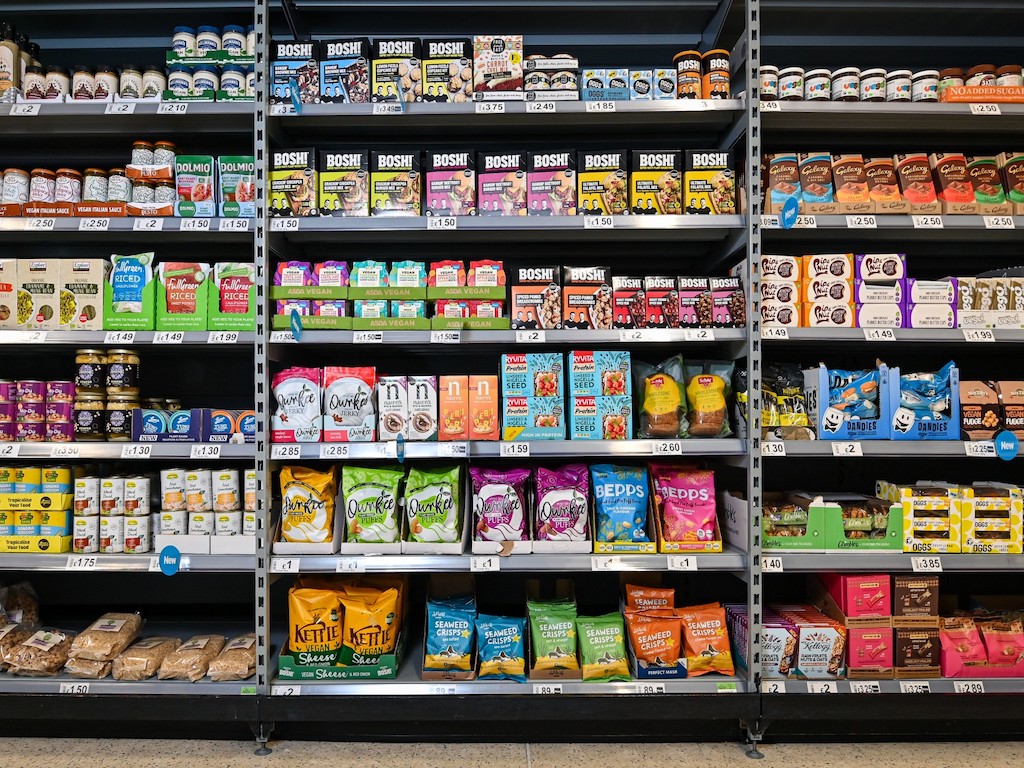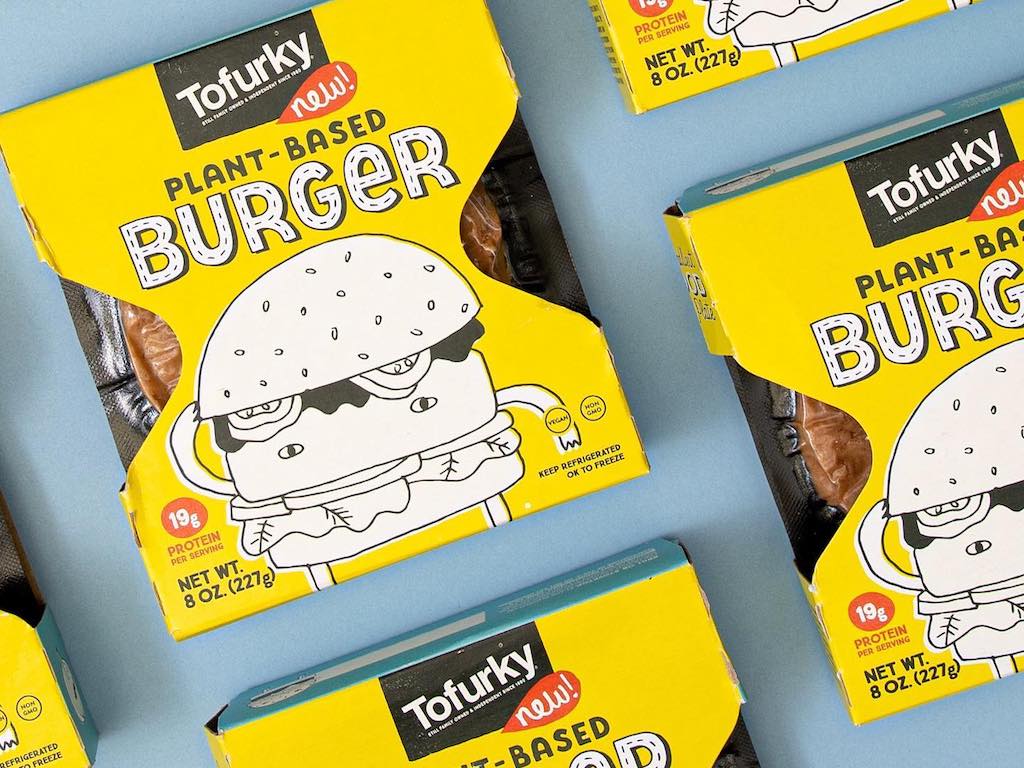4 Mins Read
Plant-based meat brand Tofurky is challenging a new Louisiana law that would impose fines for meatless products labelled with terms such as “burger”, even if they have been clearly identified with the descriptions “vegan”, “plant-based” or “veggie”. The lawsuit was filed on behalf of Tofurky by nonprofits the Good Food Institute (GFI) and Animal Legal Defense Fund (ALDF), and argues that it challenges the Oregon-based alternative meat brand’s right to free speech.
The new Louisiana labelling law, which came into effect on October 1 this year, would impose fines of up to US$500 per day for every plant-based meat product that is marketed or sold using terms such as “burger” and “sausage”. Under the same law, it would be illegal even if the terms were modified clearly to signal that they do not contain meat, using terms like “vegan” or “plant-based”.
Now, on behalf of Tofurky, the plant-based meat brand established since 1980, the lawsuit filed in the U.S. District Court for the Middle District of Louisiana, challenges this law and argues that it violates the company’s First Amendment right to free speech by improperly censoring truthful commercial speech. It also sues the state for failing to provide enough evidence that current plant-based labels are misleading, highlighting that all of Tofurky’s current products have been clearly indicated to consumers to be plant-based, meatless, vegetarian, or vegan.
Under Food and Drug Administration (FDA) regulations, all plant-based products need to use a clear statement of identity with common or usual terms to inform consumers about the content. Terms such as “burger” and “hot dog” are descriptions that the mass public are familiar with, and do help brands communicate what the product tastes like and how it is served.
Read: Miyoko’s Creamery wins legal battle to describe plant-based products using dairy terms

These state meat-labeling laws are blatantly unconstitutional and serve as shameful examples of state legislators prioritizing the wishes of their corporate donors over those of their constituents.
Jaime Athos, President and CEO of Tofurky
Amid the rise of plant-based meat alternatives, especially in the wake of the coronavirus crisis, big meat players are suggesting that such brands should opt for terms like “veggie discs” or “tubes” instead of the words burgers or hot dogs, in an obvious showcase of their attempts to undermine the popularity of these products. The Louisiana law itself has been sponsored by Representative Francis Thompson, who has admitted that it is designed to protect agricultural producers from competition from alternative meat companies.
“These state meat-labeling laws are blatantly unconstitutional and serve as shameful examples of state legislators prioritizing the wishes of their corporate donors over those of their constituents,” said Jaime Athos, president and CEO of Tofurky.
“By now it is clear that consumers are choosing plant-based options because they are better for the environment as well as human health and animal welfare, not because those consumers are confused. It is unconscionable that state legislators would so recklessly interfere with the market in this way, favoring certain industries over others while simultaneously making it harder for their constituents to access the healthier protein options of their choosing.”

Read: Plant-based burgers aren’t discs. Can the nomenclature police please stop?
With the dangers of zoonotic disease ever present, it is unconscionable that there are attempts to undermine these products at a time when they should be supported given the risks animal agriculture and factory farming pose.
Stephen Wells, Executive Director of the ALDF
“It’s absurd that Louisiana’s elected officials are spending their time on the imaginary crisis of people confusing veggie burgers for beef burgers,” added Jessica Almy, director of policy at GFI. “Consumers deserve better than lawmakers passing condescending laws that try to dictate what Louisianans buy. Consumers are no more likely to believe that ‘veggie burgers’ contain cow meat than Girl Scout cookies contain Girl Scouts.”
Outside of Louisiana, several other states have also implemented laws designed to censor plant-based meat product labels, including in Arkansas, Missouri and Mississippi. Last year, together with the American Civil Liberties Union (ACLU), the GFI and ALDF challenged the Arkansas law and the court ultimately halting enforcement of the law as it amounted to an unconstitutional restriction to Tofurky’s right to free speech.
As the coronavirus pandemic continues to linger, exposing the vulnerabilities of the meat supply chain and its link to emerging zoonotic pandemics, the organisations believe that these laws propping up the animal agriculture industry represents a health risk too.
“With the dangers of zoonotic disease ever present, it is unconscionable that there are attempts to undermine these products at a time when they should be supported given the risks animal agriculture and factory farming pose,” explained Stephen Wells, executive director of the ALDF.
Lead image courtesy of Tofurky.




